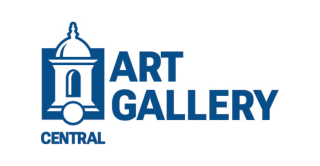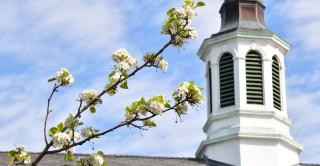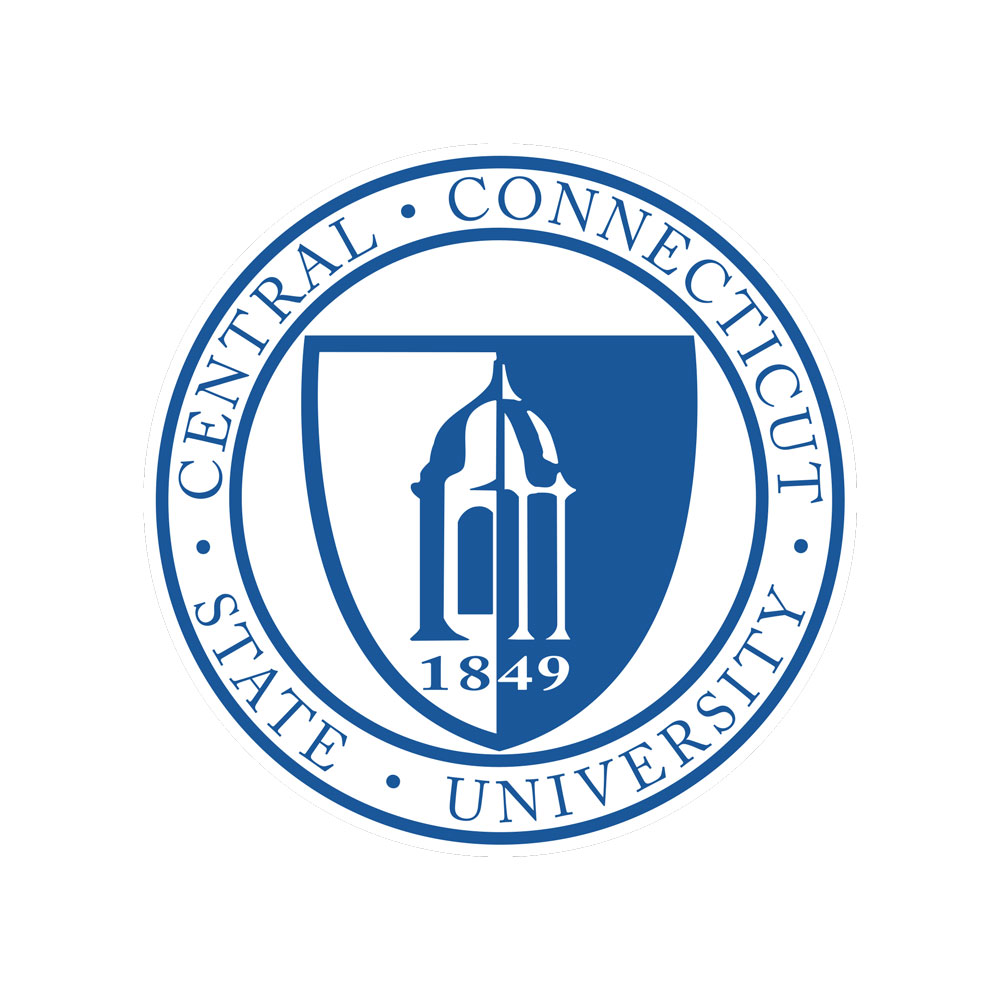
Professor Burlin Barr
Tuesday/Thursday 9:25 AM – 10:40 AM
English 298 is an introduction to the practice of literary criticism. We’ll consider the specific ways in which formally trained readers engage with texts, how they relate what they read to other texts and sometimes to the world outside the text. We’ll spend time reading six major types of literary art: short stories, essays, drama, poetry, film, and the novel. We’ll write papers and perform exercises designed to sharpen our critical faculties and polish our academic practices. We’ll acquaint ourselves with the technical vocabulary employed by students of literature and with the attitudes and techniques they use to render “literature” a free standing and appropriate object of study. Finally, we’ll briefly consider the impact that other disciplines have had on the study of literature and of culture in general; among the most important of these are economics and Marxism, gender studies and feminism, and the philosophy of language and representation. We will discuss and attempt to master the art of writing an effective literary critical essay.



